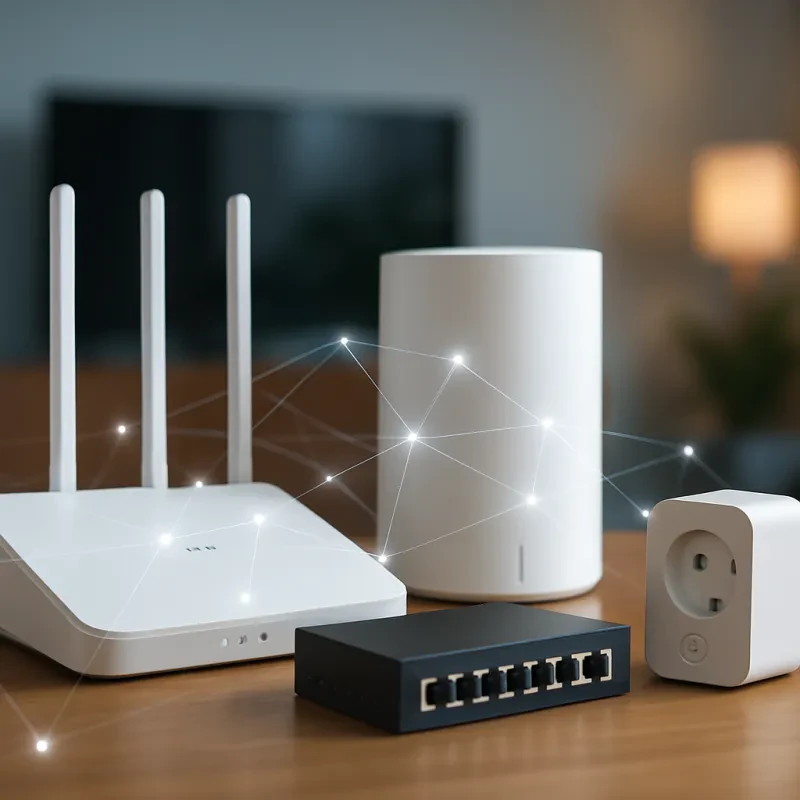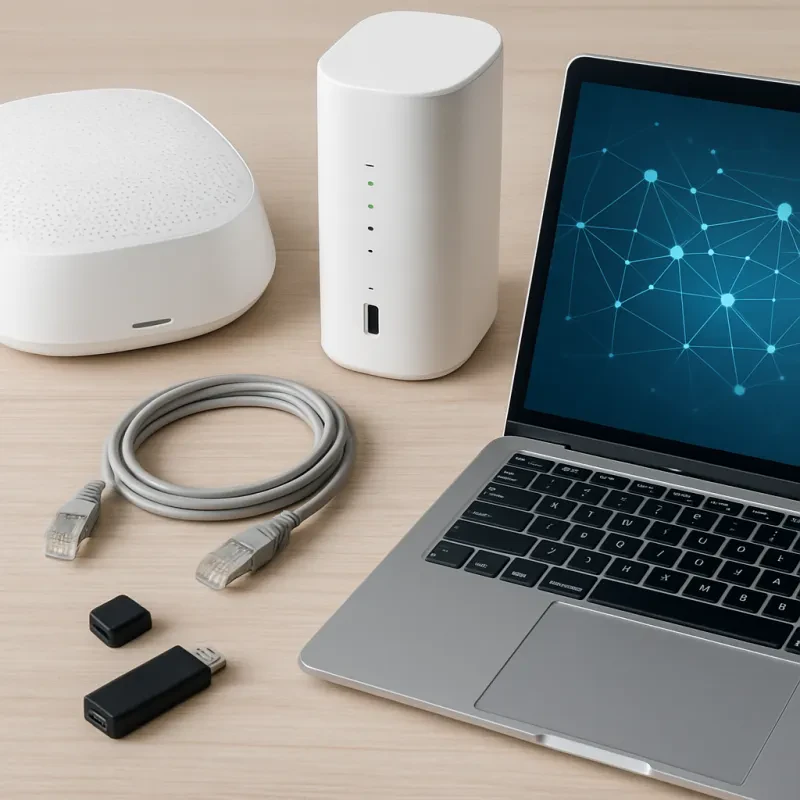Have you ever experienced a sudden power outage while working on your computer or browsing the internet? If so, you probably understand the frustration of losing valuable work or being disconnected from the online world. This is where UPS (Uninterruptible Power Supply) systems come into play.
A UPS system is a device that provides emergency power to a load when the input power source fails. In other words, it acts as a backup power source that kicks in immediately when the main power supply is interrupted. UPS systems are essential for maintaining network stability, especially in critical environments such as data centers, hospitals, and financial institutions.
There are different types of UPS systems available, including offline/standby, line-interactive, and online double-conversion. Each type offers varying levels of protection and efficiency. The most common type is the line-interactive UPS, which provides basic protection against power fluctuations and short outages. On the other hand, online double-conversion UPS systems offer the highest level of protection by constantly providing clean and stable power to the load.
Benefits of UPS for Networks
Having an Uninterruptible Power Supply (UPS) for your network is essential for maintaining stability and preventing potential data loss or network downtime. In today's digital age, where businesses rely heavily on internet connectivity and data storage, the importance of UPS systems cannot be overstated.
One of the key benefits of UPS systems for networks is that they provide a reliable backup power source in the event of a sudden power outage. This ensures that your network equipment, such as servers, switches, and routers, remain powered on and continue to function seamlessly. Without a UPS, a power outage could result in data loss, hardware damage, and interrupted network services, all of which can have serious implications for a business.
In addition to preventing data loss and downtime, UPS systems also help to protect your network equipment from power surges and spikes. These sudden fluctuations in electrical power can cause irreparable damage to sensitive network components, leading to costly repairs or replacements. By having a UPS in place, you can safeguard your network infrastructure and avoid potential hardware failures.
Overall, investing in a UPS for your network is a smart decision that can help to ensure the stability and reliability of your network operations. With the assurance of backup power and protection from power surges, you can rest easy knowing that your network is secure and able to withstand unforeseen power interruptions.
Key Features of UPS Devices
UPS devices, or Uninterruptible Power Supply units, are essential components for maintaining the stability and reliability of network systems. These devices offer a variety of key features that can help prevent data loss, downtime, and hardware damage in the event of power disruptions or outages.
One key feature of UPS devices is their ability to provide instant power backup during outages. This ensures that critical network equipment such as servers, routers, and switches remain operational, allowing for seamless continuity of operations. UPS units also offer surge protection, shielding connected devices from voltage spikes and fluctuations that can cause system failures or damage sensitive components.
Additionally, UPS devices often come equipped with automatic voltage regulation (AVR) technology. This feature stabilizes and regulates incoming voltage, protecting connected devices from overvoltage or undervoltage conditions that can lead to system crashes or malfunctions. In the event of a longer power outage, UPS units typically have built-in batteries that can provide extended backup power, allowing for orderly shutdown procedures to safeguard data and prevent data corruption.
Overall, the key features of UPS devices play a crucial role in maintaining network stability and reliability. By offering instant power backup, surge protection, automatic voltage regulation, and extended battery backup, UPS units help ensure uninterrupted operation and protect valuable IT assets from power-related issues. Investing in a UPS system is a smart decision for any organization looking to safeguard their network infrastructure and minimize the risk of downtime and data loss.
Top UPS Brands for Reliability.
Top UPS Brands for Reliability
When it comes to ensuring the stability of your network, having a reliable UPS system is essential. There are several UPS brands that are known for their top-notch quality and reliability, making them the go-to choice for businesses and individuals alike.
One of the top UPS brands for reliability is APC by Schneider Electric. Known for their innovative technology and high-performance UPS systems, APC has been a trusted name in the industry for years. Their UPS systems are designed to provide seamless power protection and backup, ensuring that your network stays up and running at all times.
Another highly reliable UPS brand is Tripp Lite. With a wide range of UPS systems to choose from, Tripp Lite offers options for businesses of all sizes. Their UPS systems are known for their durability and advanced features, making them a popular choice for those looking to protect their network from downtime and power surges.


